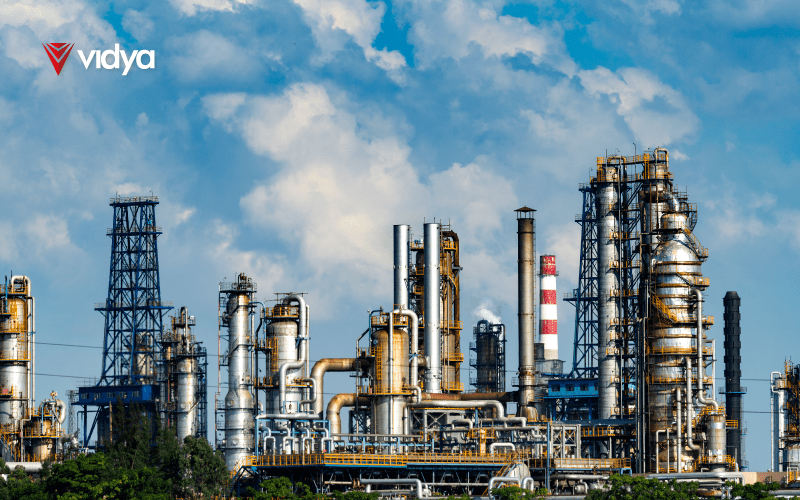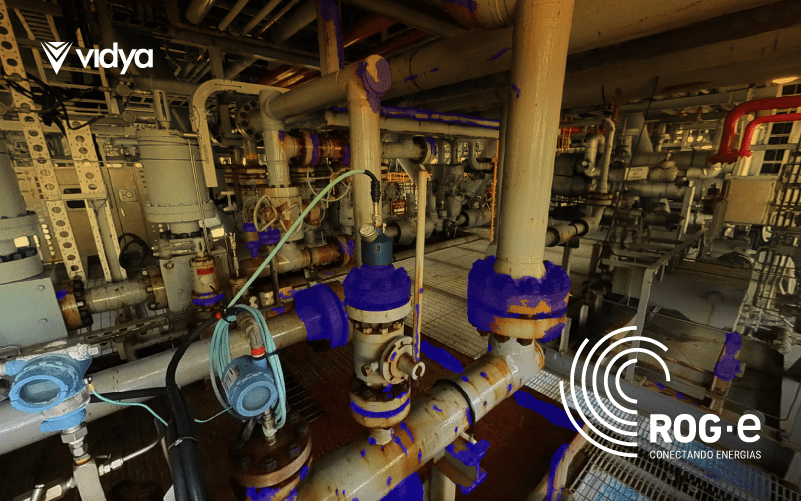Vidya News
Beyond corrosion detection: How is Vidya’s System being used?
Corrosion. AI. Digital Twin. You already know that the Vidya System Platform (VSP) stands out in these disciplines. But what started as a corrosion-focused platform quickly became a versatile system for understanding and managing complex industrial realities. Its evolution reflects how technology and user demands continue to shape one another. [...]
Latest Content
Natural Language Processing: How AI is learning to speak Human
In the past 2 years, many aspects of modern life have changed with the advent of Generative AI. What before could be interpreted as impossible, is now part of people’s [...]
Condition-Based vs Reliability-Centered Maintenance
Condition-Based Maintenance and Reliability-Centered Maintenance are both popular and often confused concepts in Asset Integrity Management. Indeed, they share some common goals: minimizing downtime, reducing maintenance costs, and ensuring the [...]
Industrial GenAI 101
Generative AI marks a groundbreaking milestone in the evolution of artificial intelligence, not just in its capabilities but in its reach and impact. While it may not be the single [...]
Why Downstream Operations are the Heart of Petroleum
According to McKinsey, oil refineries can process nearly 100 million barrels of crude oil globally daily. Thus, given the presence and scalability of oil-derived products, downstream operations—industries responsible for transforming [...]
ROGe featured paper: Digitizing Corrosion Management and Fabric Maintenance
Vidya will present two technical articles regarding our deeptech solutions at ROGe 2024. The second presentation, which takes place on September 23rd, will discuss the Digital Fabric Maintenance application. The [...]
Awarded paper: A Digital Approach for Safety Control and Process Intervention
Classified by the Bureau of Labor Statistics as one of the riskiest industries, oil and gas operations face numerous challenges, including equipment failures, accidents, and safety hazards. Certainly, this sector [...]
![Image of a woman using Vidya System Platforms [VSP] on a tablet.](https://vidyatec.com/wp-content/uploads/2025/11/1-capa-blog-CS@2x.png)








